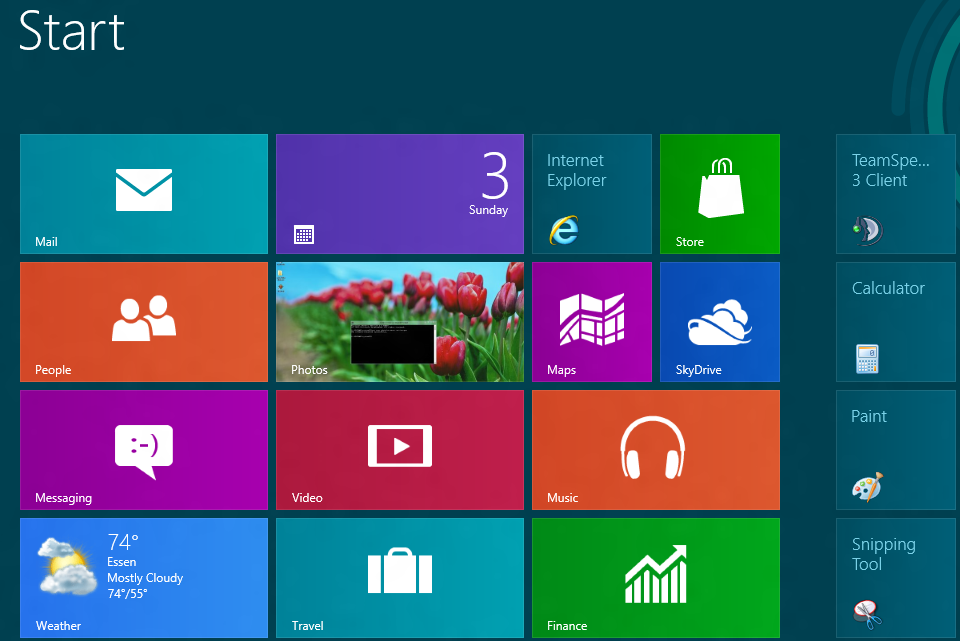
Imagine what Metro could have been...
Fundamentally, the Metro user interface is not bad. It’s a good idea to change the interface of an operating system from time to time. Microsoft did the right thing with Aero back when Windows Vista was introduced. It was definitely a step forward and made Windows XP look old and ugly by comparison.
The fact that Windows Vista had so many problems that some considered it the worst operating system to come from Redmond is another story. Comparisons with Windows Me didn’t help either.

The PC is a dead parrot
Second-quarter PC shipments are grim. They're flat globally, but down 5.7 percent or 10.6 percent in the United States, depending on whether Gartner or IDC counts the numbers. IDC puts Mac shipments down for the first time in years (Gartner disagrees). When the malaise hits Macs, Cupertino, we have a problem.
Is it the calm before the big sales storm or the new normal, as consumers and businesses snap up smartphones and tablets? There's no easy answer until Apple and Microsoft ship new operating systems. Likely, it's combination of both, as manufacturers buttress against the slowest sales quarter of the year by cutting back channel inventory and preparing for dramatic changes in computing purchase priorities. The one certainly: The quarter sucked spoiled eggs cooked over-easy.
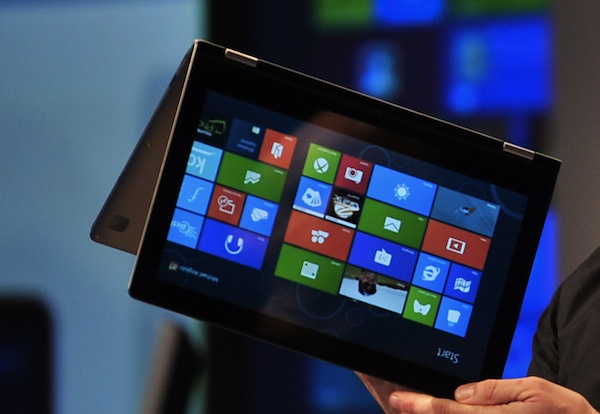
Windows 8 Metro is pointless for the enterprise
Yesterday Betanews published an interesting piece looking at how successful (or not) Windows 8 will be in the enterprise market. One of the areas it questioned was just how well the Metro UI would go down with end users in the workplace.
This reminded me of a concept that seems to have been much forgotten since we all fell in love with the touch screen. It is called Gorilla Arm. The term was coined over 30 years ago by engineers looking for a way to describe how users actually interact with vertical touchscreens in the real world. Basically users arms get sore and heavy when using these types of interface for extended periods of time. It is not a new phenomenon, far from it, and has been backed up by numerous interface and usability researchers for decades. Try it yourself now whilst sitting at your desk. Reach out and stab at your monitor. Then keep doing it. After a period of time your arms will feel like a gorilla's. So how is the Metro UI going to cut it with enterprise audiences?
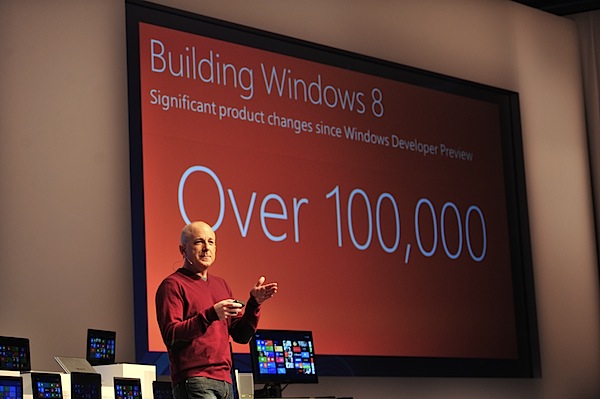
Windows 8 will be the new Vista?
What should business expect from Windows 8? Do they even want it? Do IT decision-makers believe the OS will provide them with additional features that will improve their business operations? We can’t fully know the answer until Windows 8 launches in October, although more will be revealed when volume-license subscribers get access to the software early next month.
For now, here is what we do know: Version 8 is a sharp break from the existing Windows brand of operating systems. That brand has been around since the DOS-days. Microsoft is striking out in new ways that will push the OS technology in new directions. Many businesses won't want to follow.
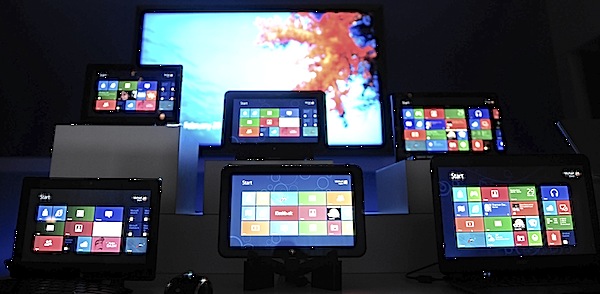
Will you buy Windows 8?
I told you so back in February that Windows 8 would debut in October -- not that it was rocket science to me. Nevertheless I wrote: "Windows 8 must RTM by end of August to make October launch, which is best timeframe assuring the channel is stocked for Black Friday". Today, Microsoft revealed that its next-generation operating system would release to manufacturing in early August and be available at retail in October.
Microsoft's timing is sheer brilliance. We already know that Surface tablets will ship simultaneously with Windows 8, and OEMs have shown off a boatload of new models coming for the holidays. Apple plans to release OS X Mountain Lion this month, perhaps in days. Anyone considering a shiny new Mac suddenly has reason to wait. Will Surface or Windows 8 slates be worth the wait? Mountain Lion's user interface is oh-so yesterday, while Windows 8 Metro is oh-so tomorrow -- well, for anyone who actually likes it. Now that we know when, it's time to ask if you will buy. That's a question you can answer in comments and the poll below the fold.

Microsoft announces Windows 8 for October retail release
At the 2012 Microsoft Worldwide Partner Conference in Toronto, Canada, Microsoft CFO and Chief Marking Officer Tami Reller finally revealed the time when we can expect Windows 8 to hit the market.
During her keynote presentation, Reller talked about the new features of the Windows platform and how it will work with its deployment partners. Of course, the bigest news was that the final build of Windows 8 will reach RTM (release to manufacturing) in the first week of August.
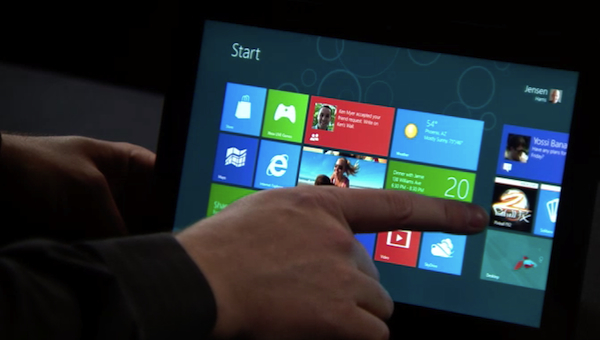
What if Windows 8 fails?
It’s the hypothetical scenario many IT pros try to ignore: What if Microsoft’s Windows 8 launch is a dud? What if Surface is a flop, the $40 upgrade promotion fizzles and all of those slick new Windows RT tablets don’t fly off the shelves?
Given today’s consumer-driven BYOD IT culture, it’s a very real possibility. The Windows ecosystem simply doesn’t hold the gravitas it once did, with users finding every possible excuse to cut the enterprise cord and dump their clunky old IT-issued laptops and desktops. It’s like the cold war-era Soviet Union facing off against Western society: Once the populace got a taste of Levis and free speech, there was no holding them back.

.NET Framework Setup Verification tool now supports Windows 8
Microsoft engineer Aaron Stebner has released a new version of his .NET Framework Setup Verification tool, with preliminary support for Windows 8 and the .NET Framework 4.5.
The program’s interface remains the same as in previous builds. To use it, just launch netfx_setupverifier.exe and choose the .NET version you’d like to verify from the list (which is also a convenient way to see which .NET editions are installed on the current system).

HP should save the enterprise from Windows 8
With Microsoft bringing their own branded tablets to market, what is left for major OEMs like Hewlett Packard? One's first reaction may be to consider trying to do one better with the hardware. While this is still possible, maybe HP should consider getting back into the software business.
HP is making a good decision by concentrating on the x86 platform, rather than ARM in future tablets. Windows RT is untested at this point. Also Windows RT will not run the huge existing x86 based Windows software base that dwarfs any current app store in quantity and quality. There can be many advantages to HP's current decision.
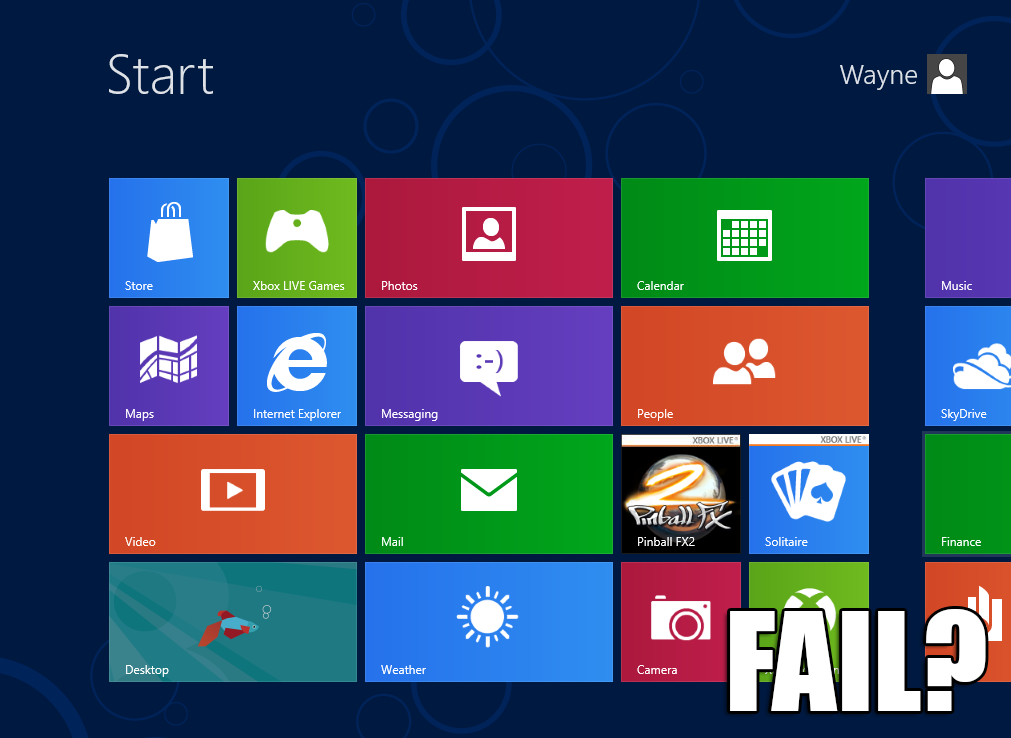
Windows 8 will flop
A technology journalist friend of mine often makes sweeping statements regarding how well he thinks a new program or piece of hardware will fare, and he’s usually completely wrong. When Ubuntu first arrived, he declared it would kill off Windows and render Microsoft an aging OS irrelevance. When Apple launched the iPad he told everyone who cared to listen that it would be a total failure because no one would want one.
I’m far less prone to making such proclamations, but I think I’m on reasonably safe ground when I say Windows 8 is going to be a dud. No version of Windows will ever be a total failure. Even Vista, which is regarded as one of Microsoft’s least successful operating systems, sold reasonably well, and I’m sure as soon as Windows 8 is released we’ll hear a lot of statistics coming out of Microsoft about how it’s the fastest-selling OS since Windows Whatever. But they’ll be statistics that we’ll have to take with a fair amount of salt.

Four things you REALLY need to know about Windows 8 upgrades
Two days ago, Microsoft revealed that it would run an upgrade promotion in most markets that would allow Windows customers to buy a downloadable upgrade to Windows 8 Pro for $39.99. Joe Wilcox asks if $40 is too much to pay for Windows 8 and current results show that customer opinion is split in half. About 43 percent of all users who participated in the poll stated that they would upgrade for the price, while roughly 42 percent stated they would not.
However, respondents are missing crucial information, because the original announcement at Blogging Windows fails to address certain upgrade-related aspects that Windows customers need to make an educated decision. One requirement will shock many Windows users.
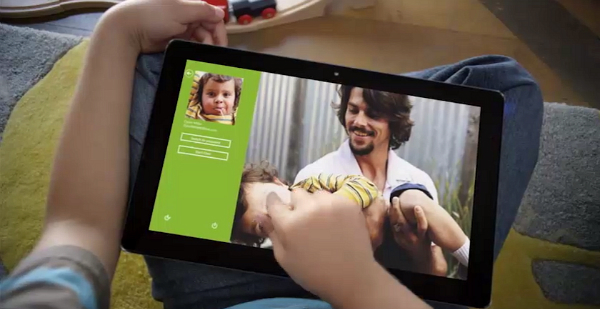
Is $40 too much to pay for Windows 8?
I've wondered for months exactly how much Microsoft would charge consumers to upgrade to its newest operating system. Starting with Snow Leopard, Apple slashed 100 bucks off the price of OS X, and the next version -- soon-to-release Mountain Lion costs even less: $19.99. With Apple so lowering the price-to-value proposition, could Microsoft continue to charge so much?
Yesterday, the software giant answered by offering, for a limited time, a seemingly attractive upgrade price for Windows 8 Professional: $39.99. The pricing, available only through January 31 from when Windows 8 is available, applies to all versions back to XP -- and it's a big discount: Windows 7 Home Edition upgrade lists for $119.99 and Pro for $199.99, although street prices tend to be $30 and $50 less, respectively. Still, Apple has set a major operating's value much lower and the benefit to customers much higher.

All Windows versions from XP to 7 eligible for $40 Win 8 Pro upgrade
Microsoft on Monday announced PCs running Windows XP, Windows Vista, or Windows 7 are eligible for a downloadable upgrade to Windows 8 Pro for just $39.99 in 131 global markets and in 37 languages.
At Apple's World Wide Developer Conference in June, Apple announced its next version of OS X, Mountain Lion, would be available as a $20 download in the Mac App store in July. This upgrade is available to Mac users currently running Lion or Snow Leopard, meaning it applies to Macs around three years in age.

Microsoft's road to redemption
Microsoft just put behind it an eventful and positive week, coming off two major announcements on its two major computing platforms -- Windows and Windows Phone: Surface and WP8. Consumer and expert scepticism hobbled much of the excitement, as Microsoft nose dives into paradigm change. Nevertheless, the third week of June 2012 is indicative of a profoundly new direction for Microsoft, characterized by refreshing perspectives and paves a path that leads ultimately in the right direction.
Microsoft is making genuine inroads towards a new strategy that represents a complete paradigm shift from the fundamentals that defined the company and its products over the last couple of decades. The company used to be the antithesis of Apple in practically every sense, selling products based on the abundance of choice as opposed to Apple's strategy of marketing a small hardware lineup. Apple's strategy has always focused on ease of use, simplicity and form; whereas Microsoft, although not neglecting form and aesthetic, put functionality first and foremost and wrapped design around this in the most appealing way possible. The announcements this week represent a fully-committed digression from this strategy from Microsoft.
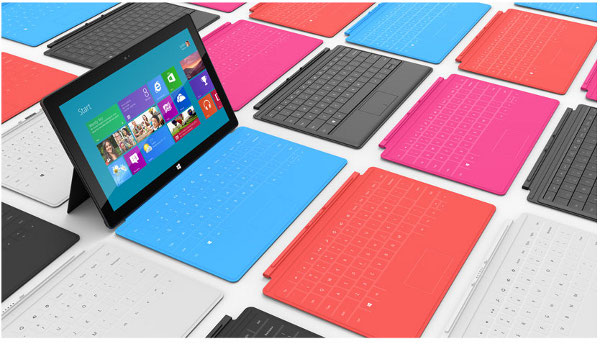
Microsoft’s Surface pricing dilemma is two opportunities waiting to be missed
In an article that appeared earlier today on BetaNews, Robert Cringely talks about how Microsoft can compete with Apple on pricing but -- due to supply and manufacturing issues -- won’t be able to undercut its rival. It’s an interesting observation, and one that’s based on sound thinking.
But Surface is a curious beast. The iPad is, to all intents and purposes, a scaled-up Smartphone. Microsoft’s tablet (or tablets, rather) is a touch-screen PC. It runs Windows 8, and Office, and applications like Photoshop.
